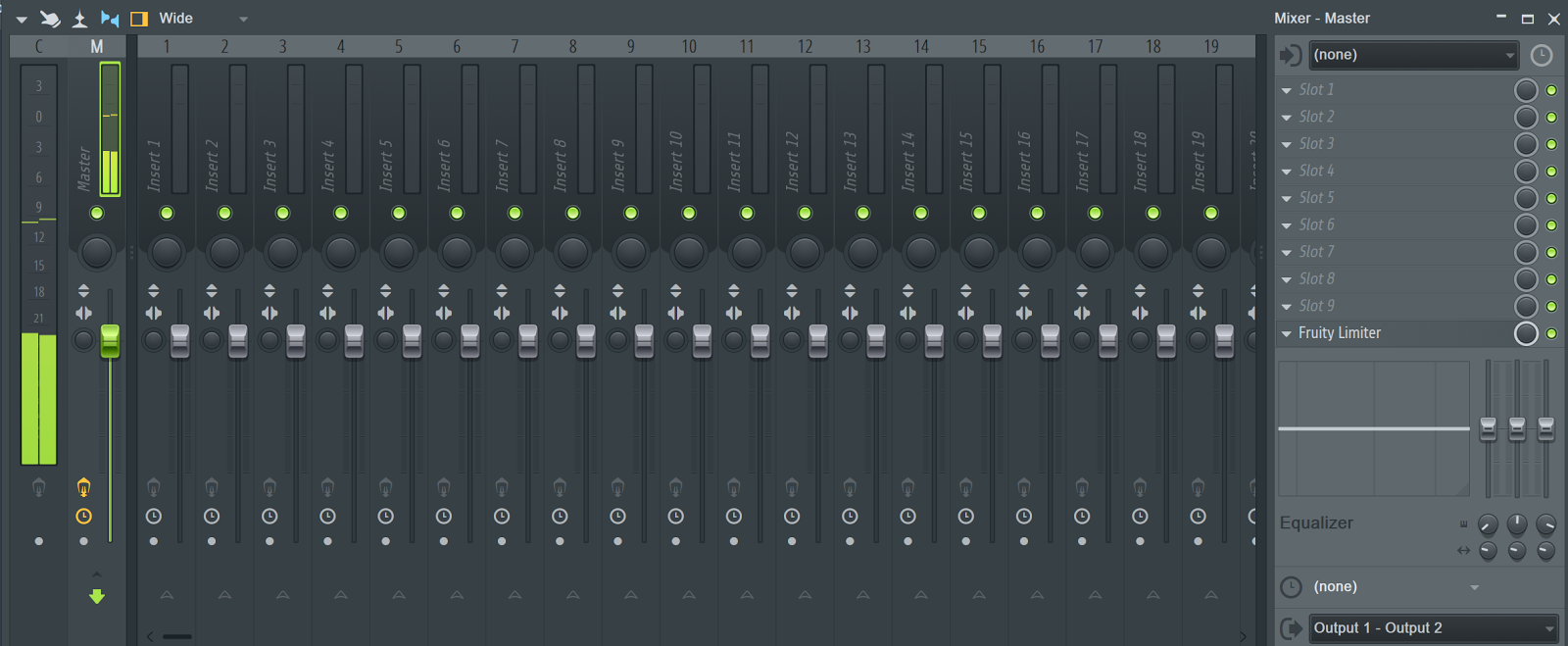

So it’s important to keep this in mind and build your music in a way it sounds good on various sound devices. The people who are going to listen to your music, will probably won’t be using the exact same set of speakers or headset you’ve used to make your beat or song. Therefore, I advise you to not overdo parametric equalizer or other effects unless that’s the point and you want a particular instrument sound completely different. Mixing should improve your sound but if you’re overdoing it, it could remove the power or feeling of your original idea. If you want to record and mix music for a long time as a hobby, or for a career, I’d suggest you to be careful with your ears. And another very important reason why you should be mixing on a low volume is it will save your ears.

If you can mix your drums to be clear, big, and punchy at low volumes, they will sound great at any volume. Making a beat on a volume level where you can have a conversation with someone without having to scream can help you hear volume imbalances in your mix.

Here are 6 beatmaking mixing tips I have learned along the way. In this article I’ll go in on the mixing part of beatmaking. Basically, mixing is the step before mastering that involves adjusting and combining individual tracks. Mastering optimizes the overall sound and brings your music to a commercial loudness, which makes it sound more professional. The purpose of mastering is to balance sonic elements of a stereo mix and optimize playback across all systems and media formats.

So, what is mastering? Mastering is the final step of audio post-production. If you heard about mixing, you probably heard about mastering as well. What’s the difference between mixing and mastering? Adding reverb, compression, and other effects to enhance the original recording. “Panning” the tracks between speakers to create a stereo image. Fine-tuning the sound of each instrument or voice using equalizers (EQ). The process can include: Balancing the levels of the tracks that have been recorded. However, mixing is more than just adjusting the volume levels of an individual instrument and vocal tracks. One of the primary roles of mixing is to moderate the volume of each element throughout the song so that the desired instrument or vocals stand out or come together nicely. In this article, I will share some beatmaking mixing tips with you. I find this a very important skill to master as a beatmaker and/or music producer and once you get a hold of it you will really notice improvements in the quality of your sound. With mixing you can make your beats more presentable. Do you want your beats to sound more professional? Have you been working on a beat, but can’t get it to sound like you want it to be? I’d suggest you to focus on mixing, if you haven’t already.


 0 kommentar(er)
0 kommentar(er)
